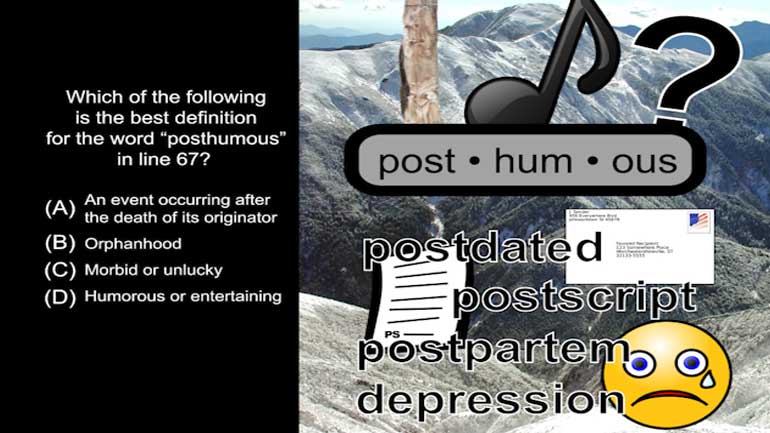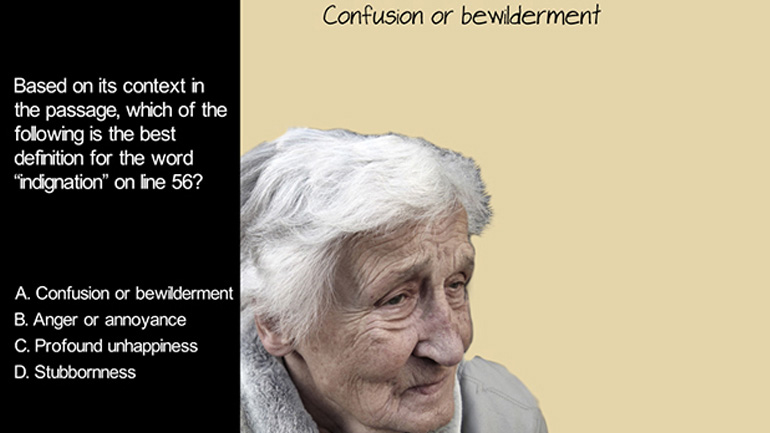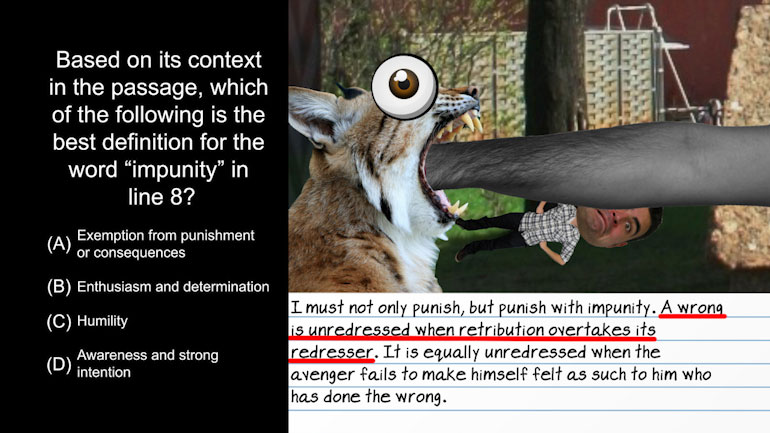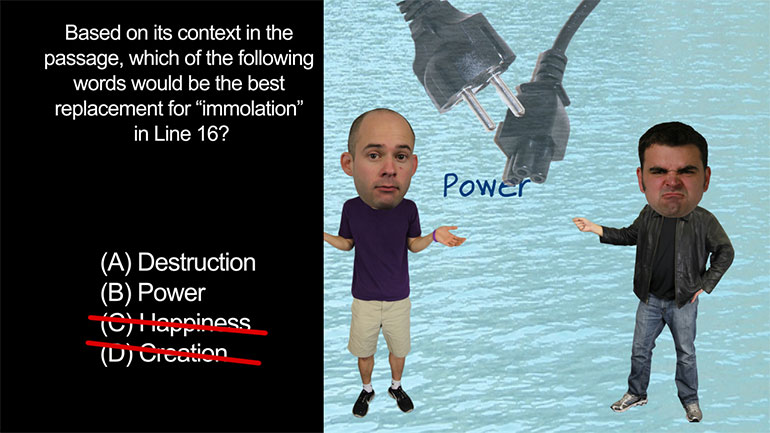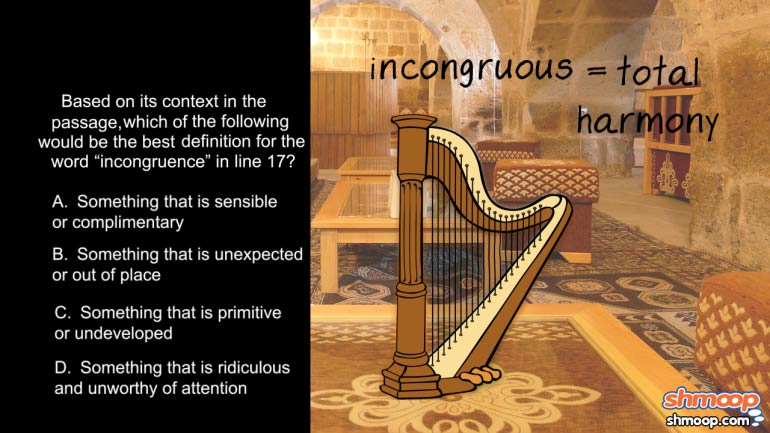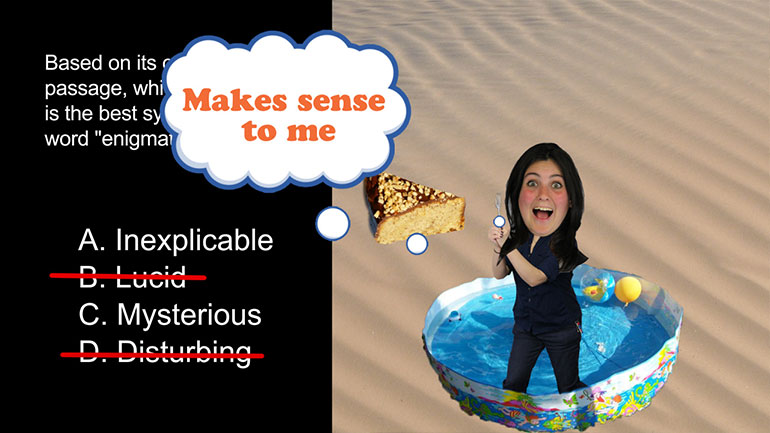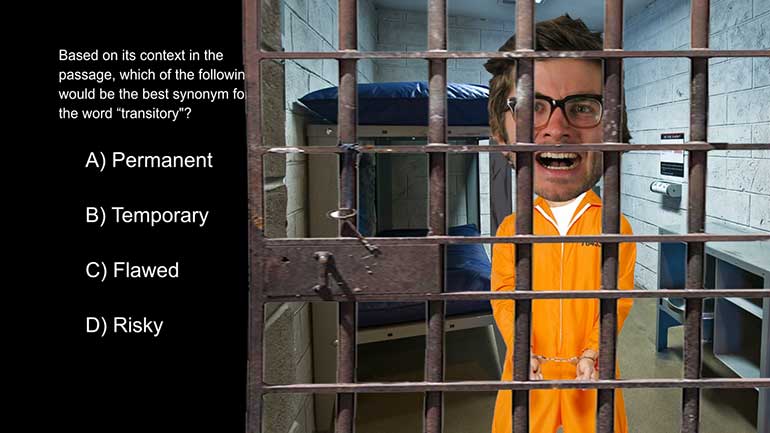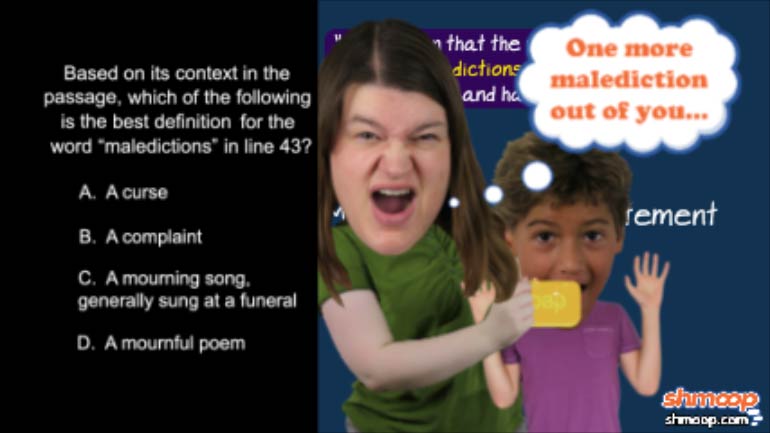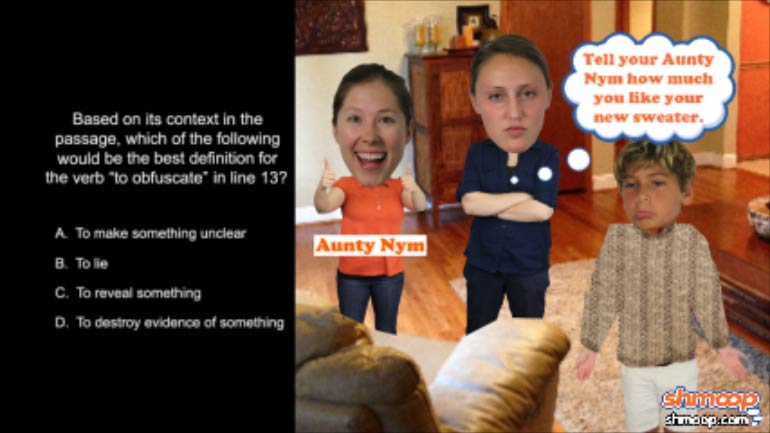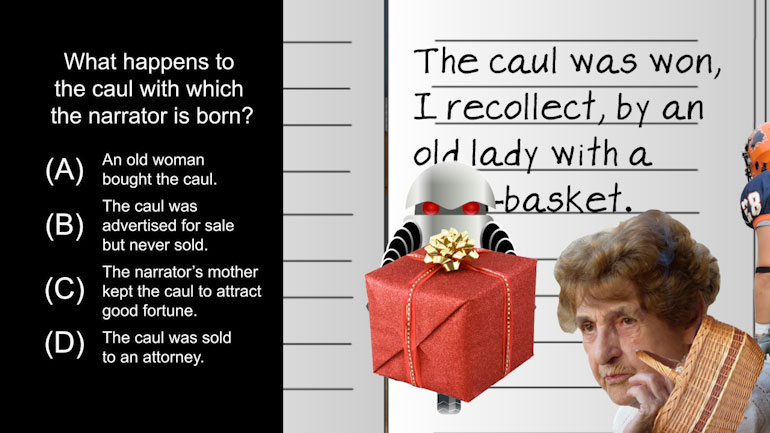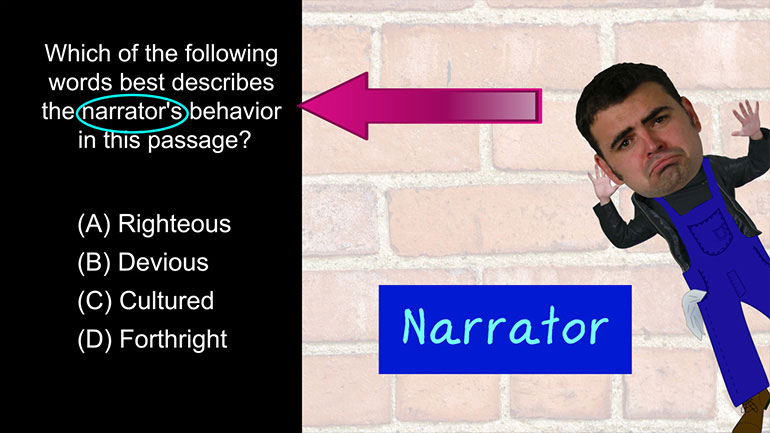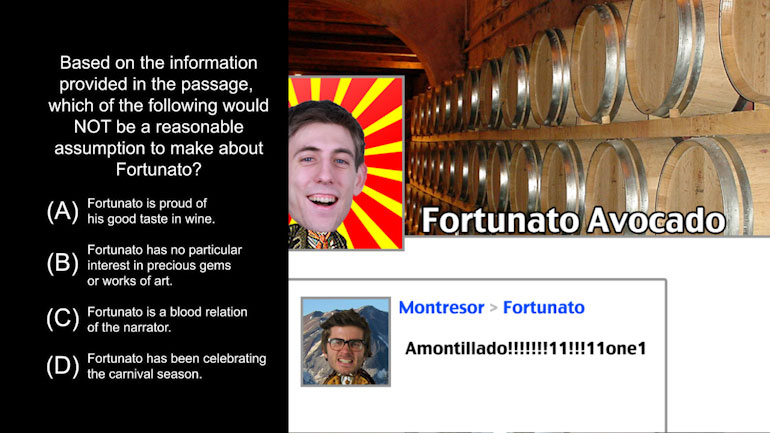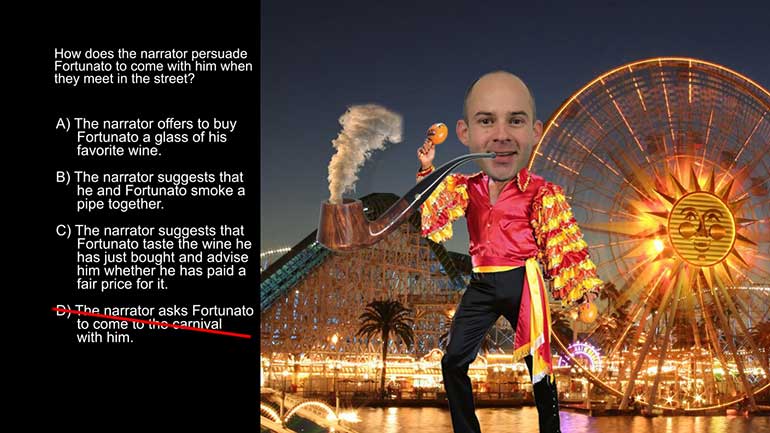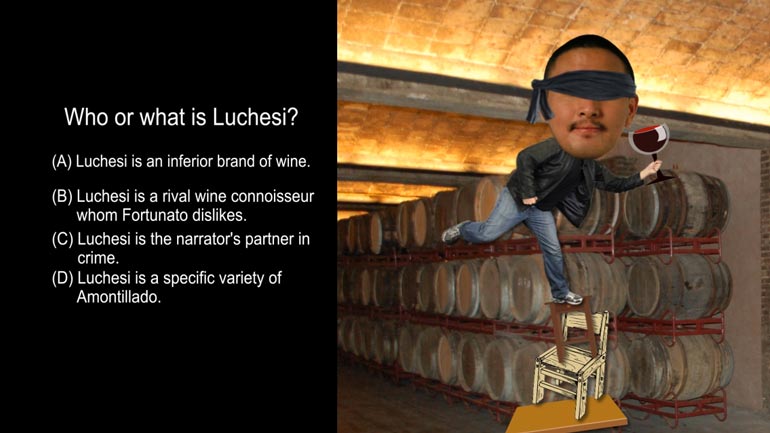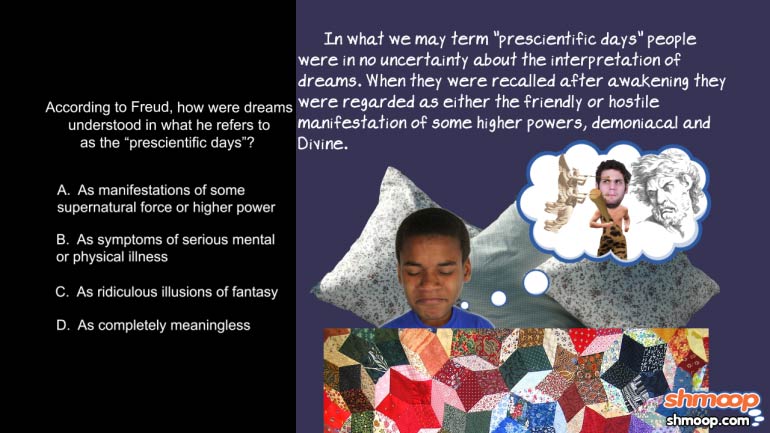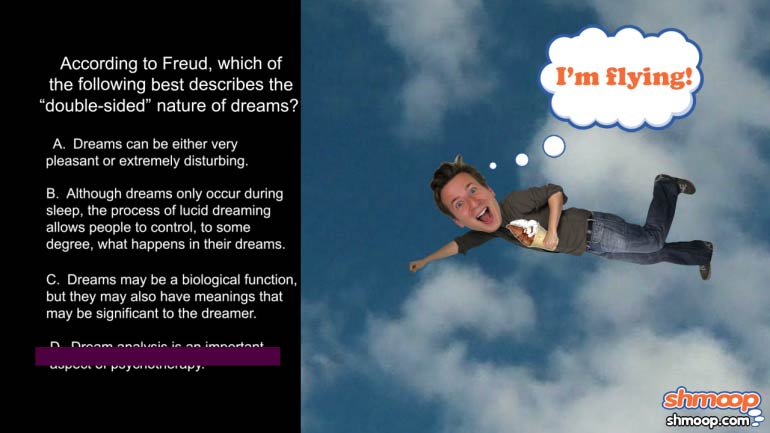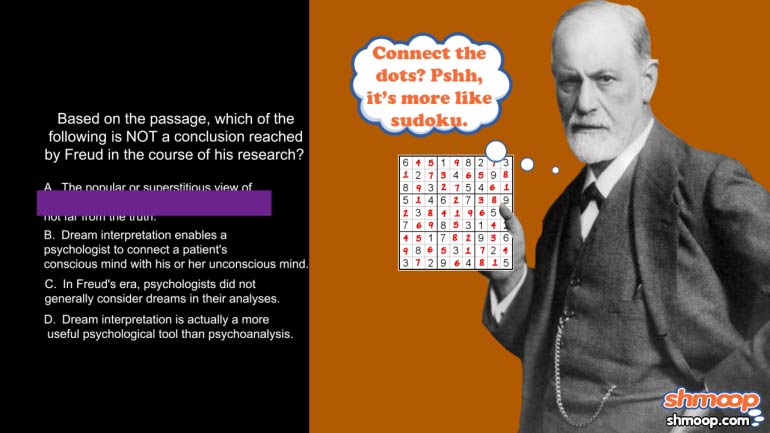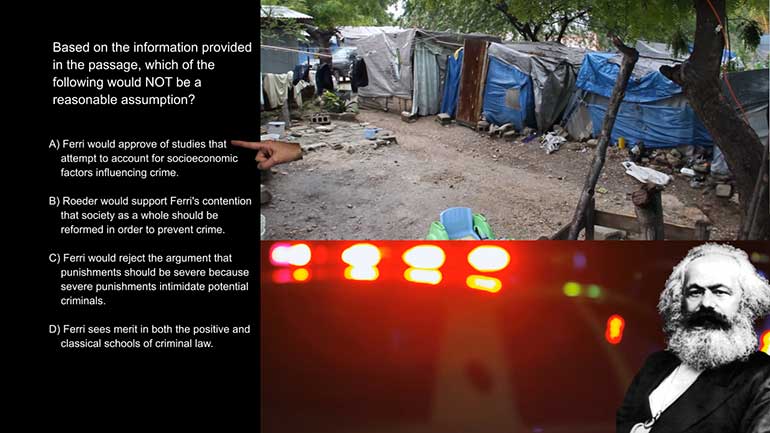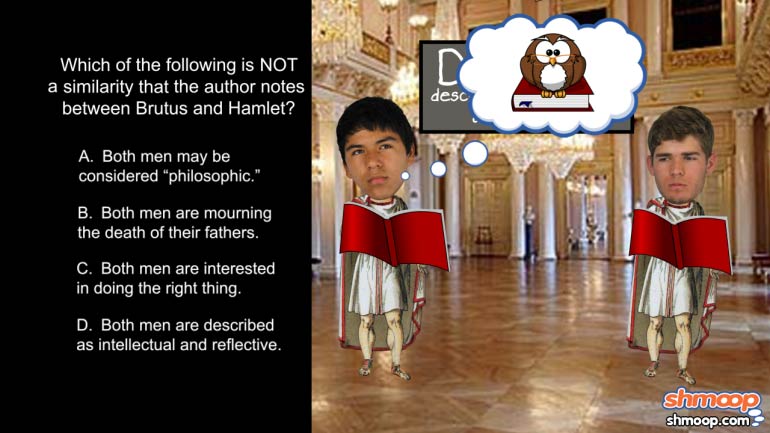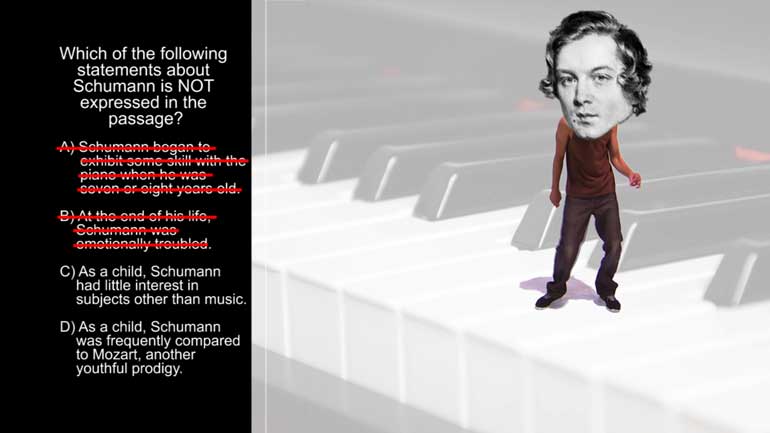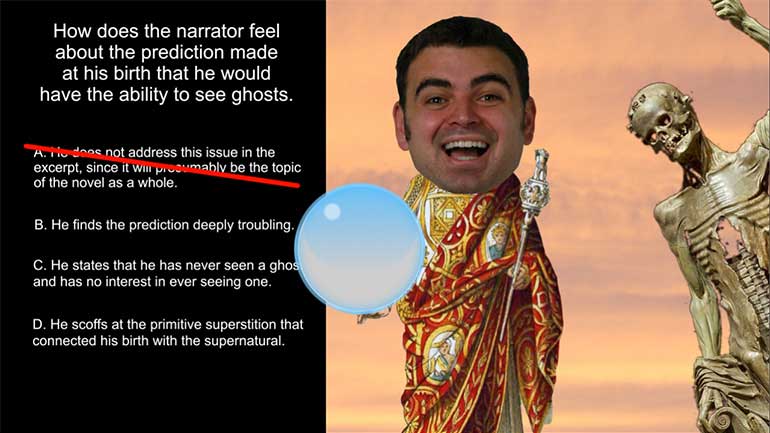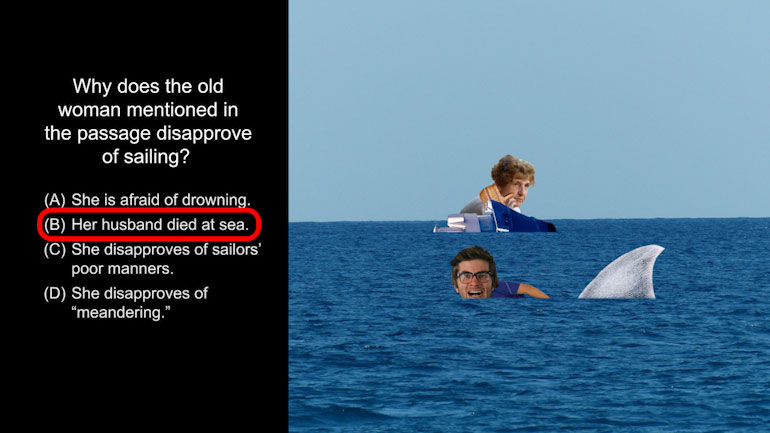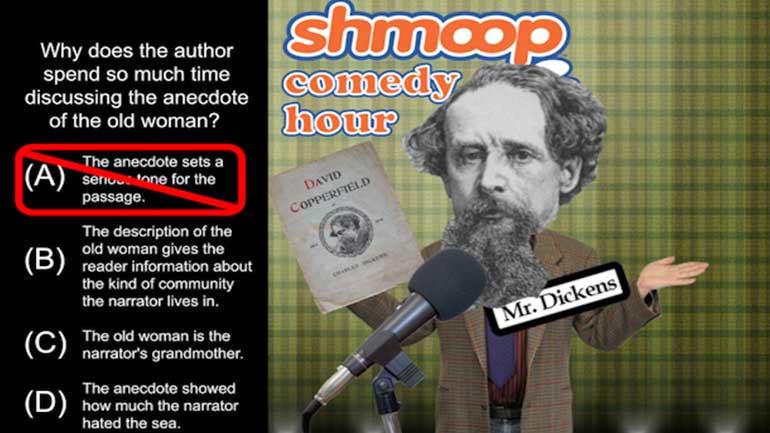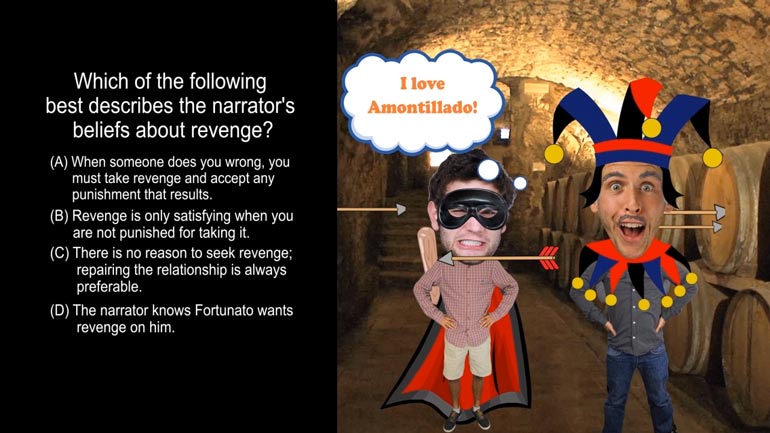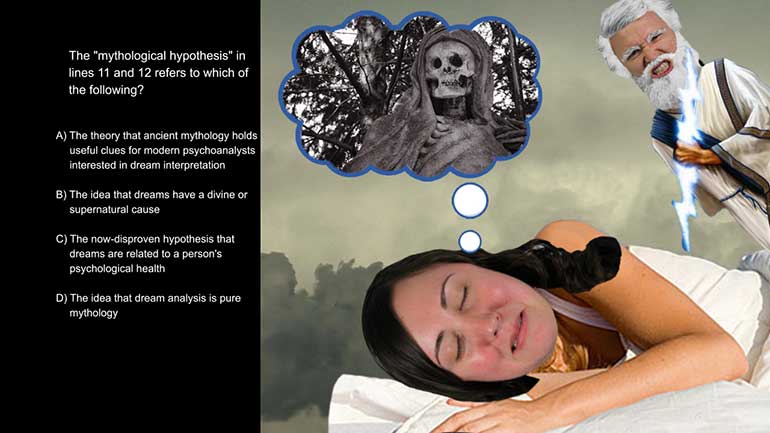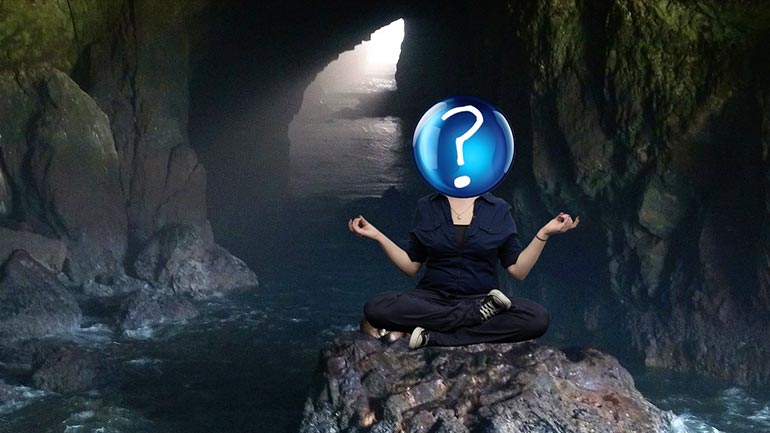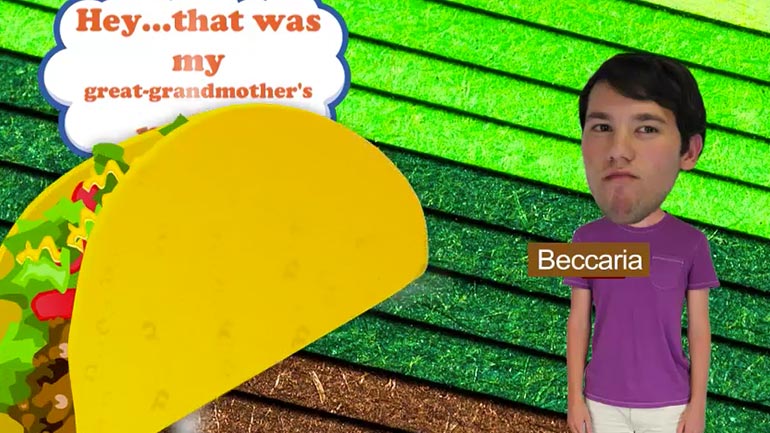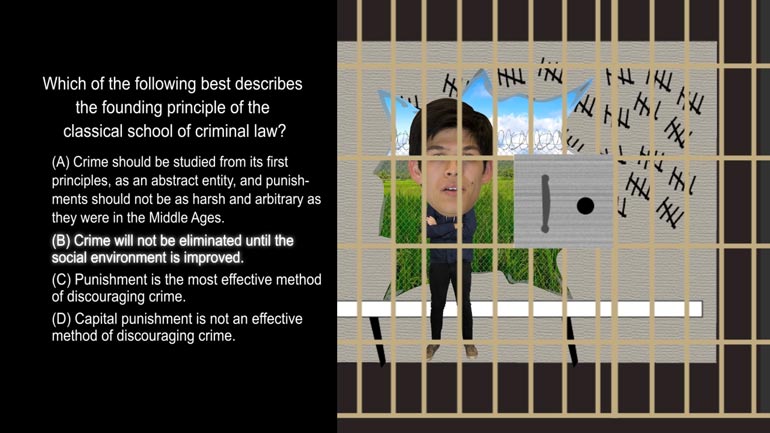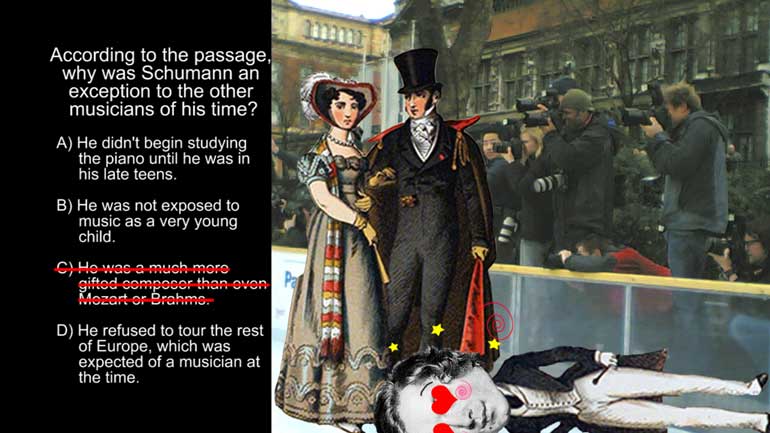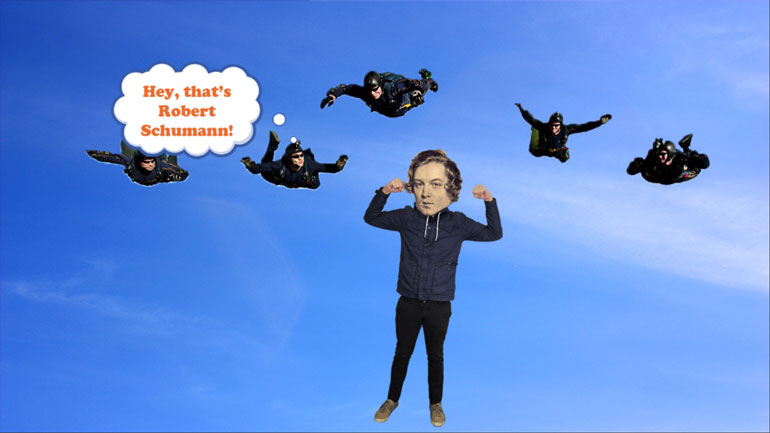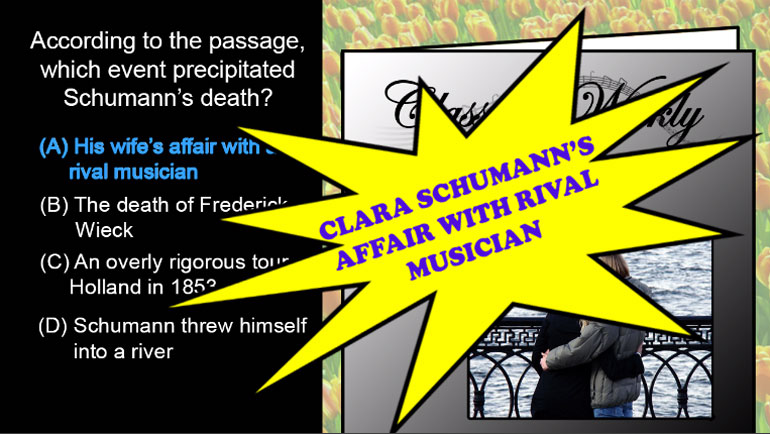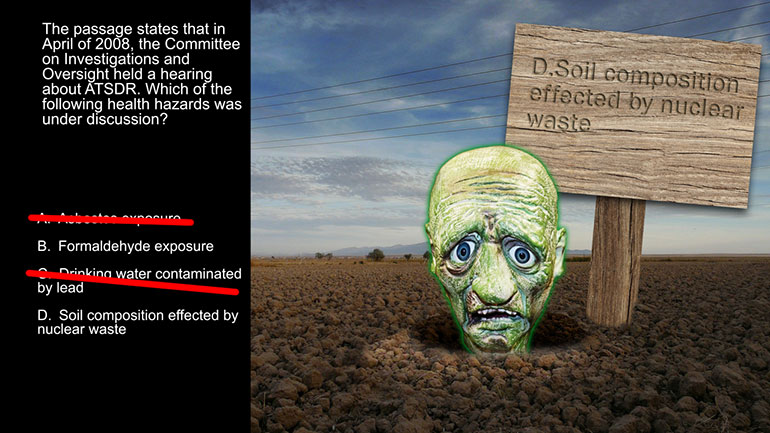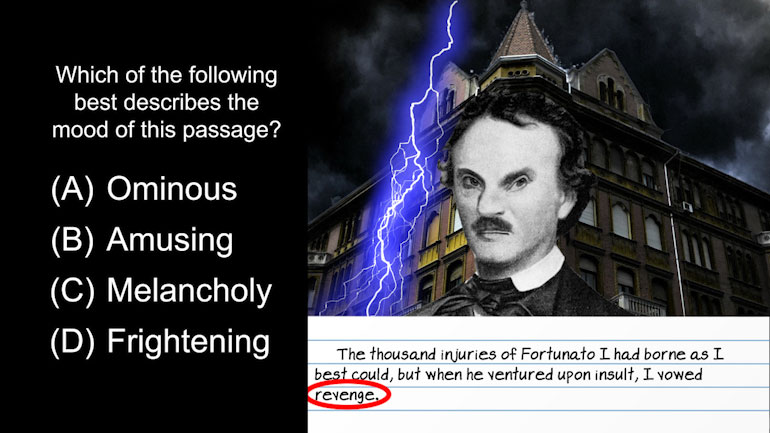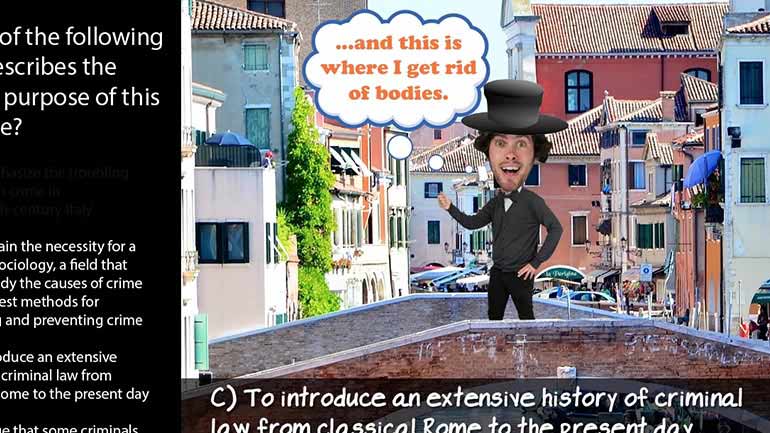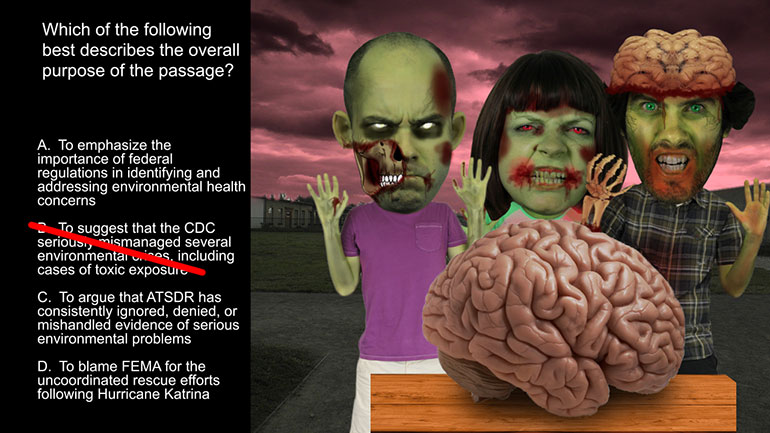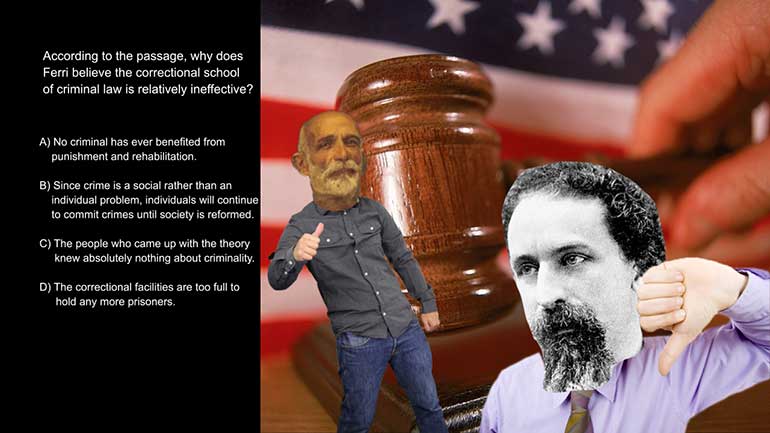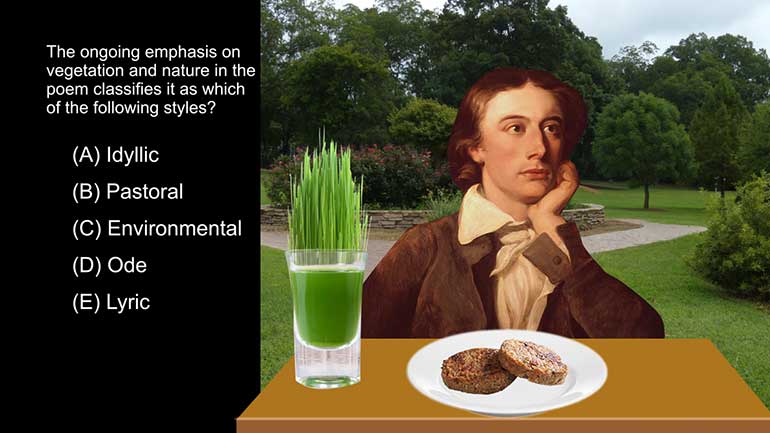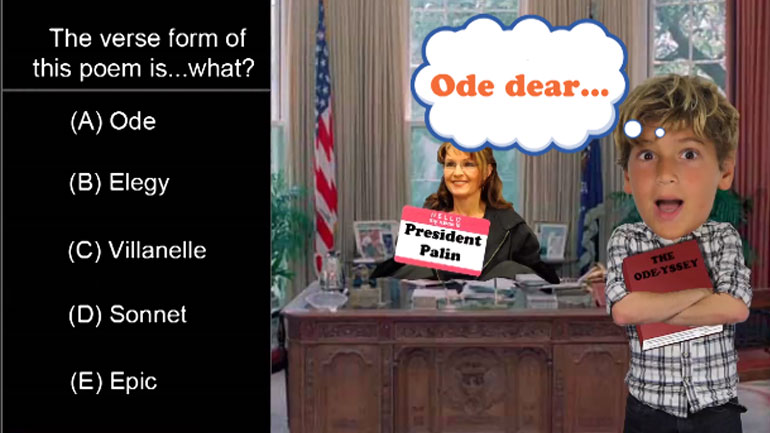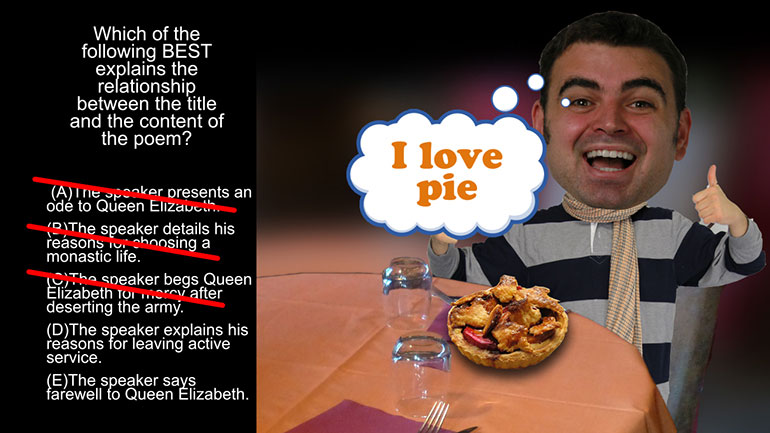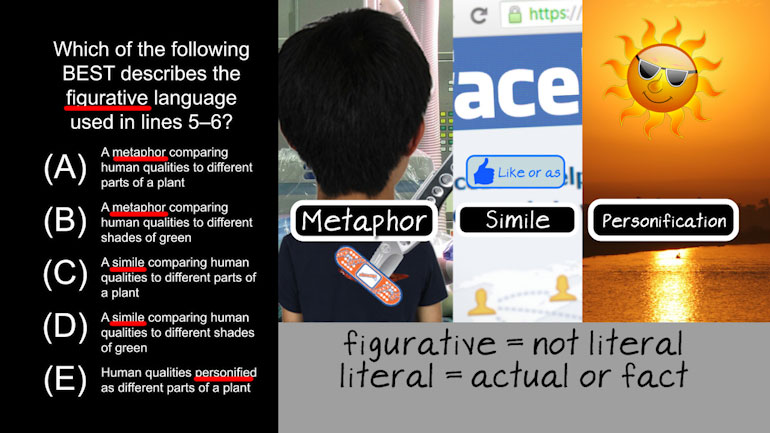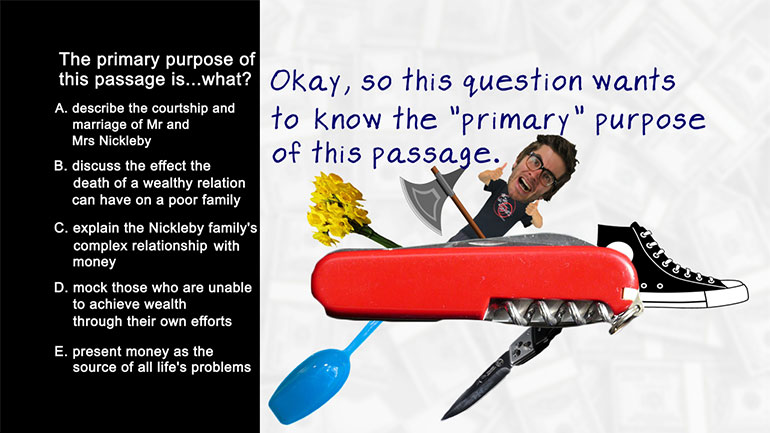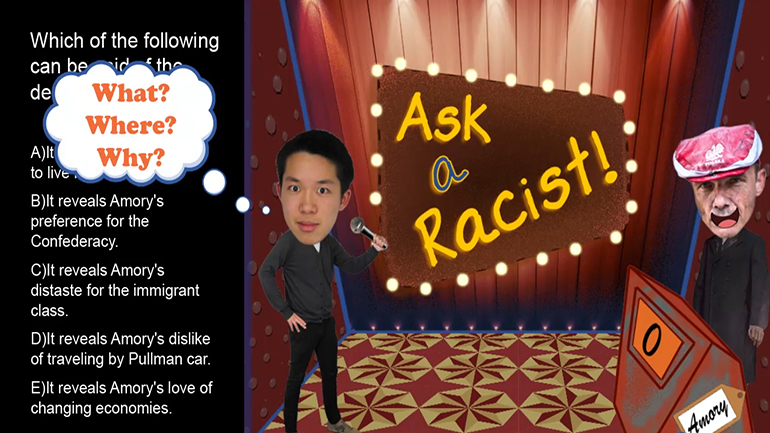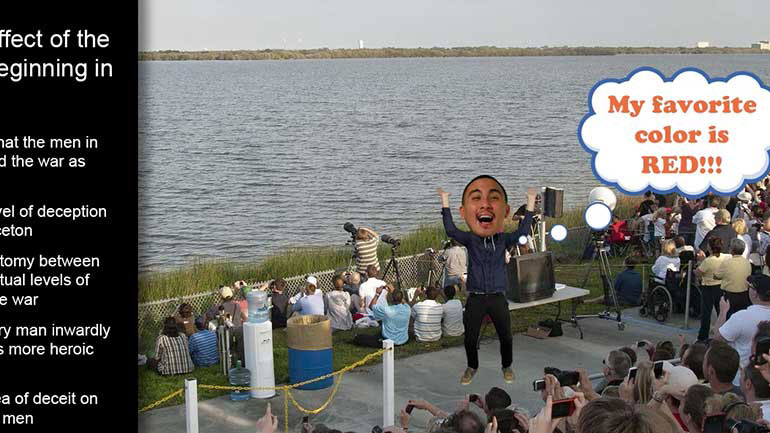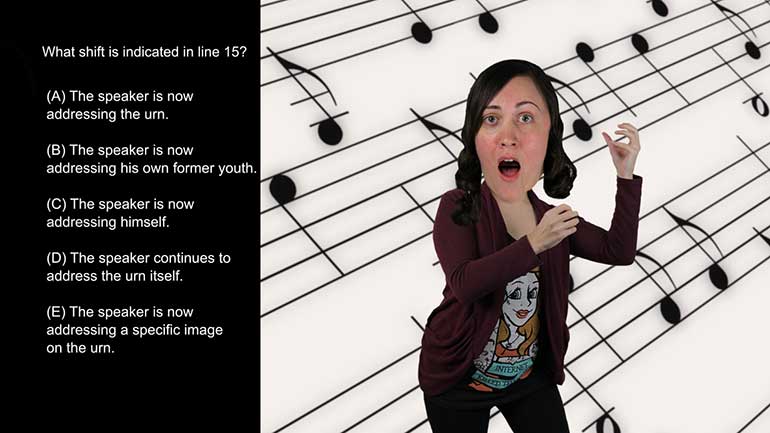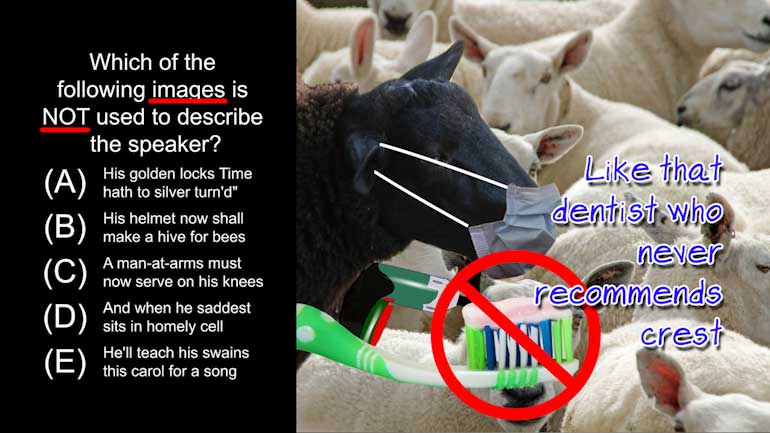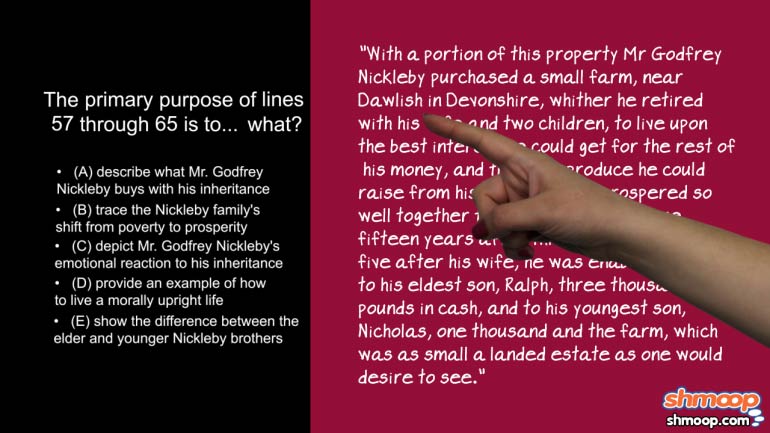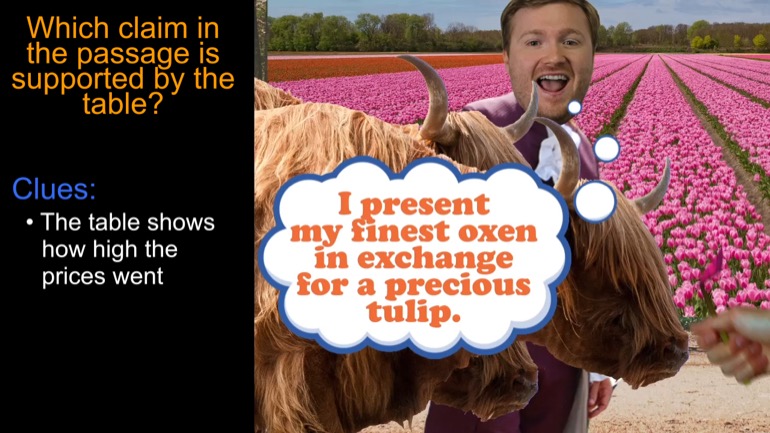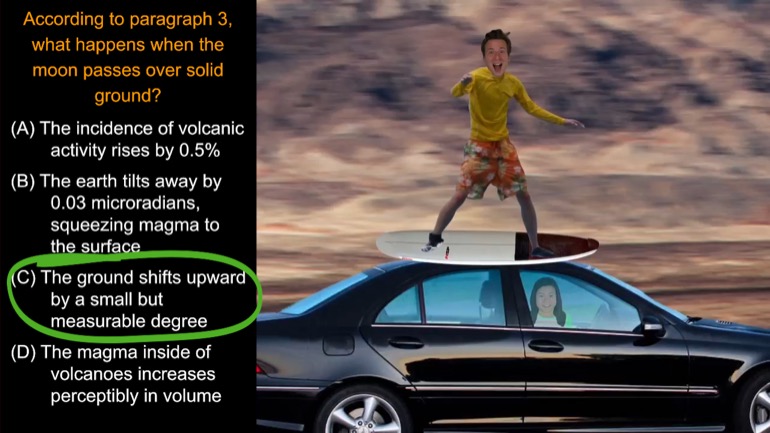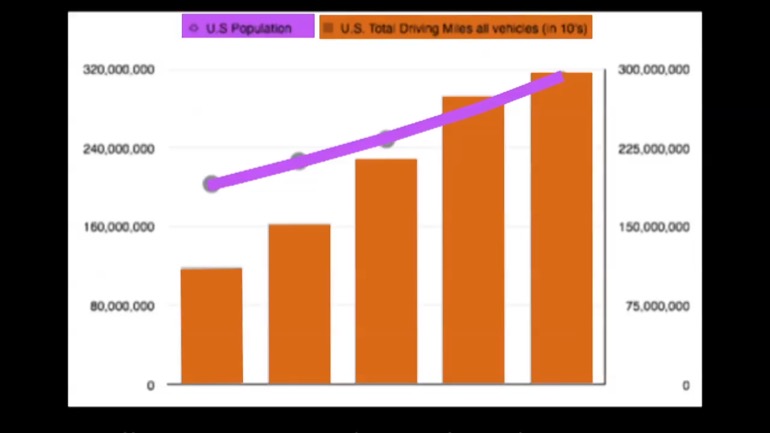ShmoopTube
Where Monty Python meets your 10th grade teacher.
Search Thousands of Shmoop Videos
Reading Videos 248 videos
ACT Reading 1.5 Prose Fiction. Which of the following is the best definition for the word "posthumous" in line 67?
ACT Reading 1.9 Prose Fiction. Based on its context in the passage, which of the following is the best definition for the word "indignation"?
ACT Reading 2.4 Prose Fiction. Based on its context in the passage, which of the following is the best definition for the word "impunity"?
AP English Literature and Composition 1.7 Passage Drill 4 251 Views
Share It!
Description:
AP English Literature and Composition 1.7 Passage Drill 4. The ongoing emphasis on vegetation and nature in the poem classifies it as which of the following styles?
Transcript
- 00:03
Here's your shmoop du jour, brought to you by Sacrifice. We know how much you value your
- 00:09
free time, but surely you can sacrifice a few hours to come kill some cows with us and
- 00:14
offer them to the god of ground beef.
- 00:24
The ongoing emphasis on vegetation and nature in the poem classifies it as which of the
- 00:30
following styles?
Full Transcript
- 00:32
And here are the potential answers...
- 00:38
Okay, so... the author doesn't come right out and tell us about his personal dietary
- 00:41
habits, but we have a feeling he downs his fair share of soy patties and wheatgrass shakes.
- 00:47
It's all "leaf-fringed" this and "trodden weed" that. This guy definitely has Mother
- 00:51
Nature on the mind.
- 00:54
This question wants to know... how does this emphasis on all things veggie...classify the poem?
- 01:01
We've heard of poetic feet... but apparently this one also has a green thumb...
- 01:04
Well, it really just comes down to vocab.
- 01:07
We can probably eliminate C -- Environmental... because it seems like a bit of a decoy answer.
- 01:13
Yes, when one talks about nature they're talking about our environment... but is that really
- 01:17
a style of poetry? Nah -- scratch it.
- 01:22
We can also skip D -- we KNOW this poem is an ode because it's right in the title...
- 01:27
but does an ode necessarily have anything to do with nature?
- 01:31
Nope. Moving on.
- 01:33
E is a no-go as well. A "lyric" poem is just another type, like an "ode," and has nothing
- 01:39
to do with nature.
- 01:41
If we weren't sure, we could think about songs that people refer to as "lyrical"... it has
- 01:45
more to do with a piece's meter and rhythm than with its content...
- 01:49
So we're down to either A "Idyllic," or B "Pastoral."
- 01:53
Both mean roughly the same thing... and here's where we have to fall back on our knowledge
- 01:57
of terminology.
- 01:58
The technical, official term for a poetry centering on nature is "pastoral."
- 02:04
So B it is.
- 02:06
As in, "Buckwheat tofu muffins."
Related Videos
AP English Literature and Composition 1.2 Passage Drill 4. As which of the following is the object being personified?
AP English Literature and Composition 1.4 Passage Drill 3. How is Burne's view of pacifism best characterized in lines 57 through 67?
AP English Literature and Composition 1.6 Passage Drill 5. Death is primarily characterized as what?
AP English Literature and Composition 1.7 Passage Drill 5. Which line indicates the turn or shift in this poem?
AP English Literature and Composition 1.9 Passage Drill 4. Lines 32-34 are best understood to mean what?
